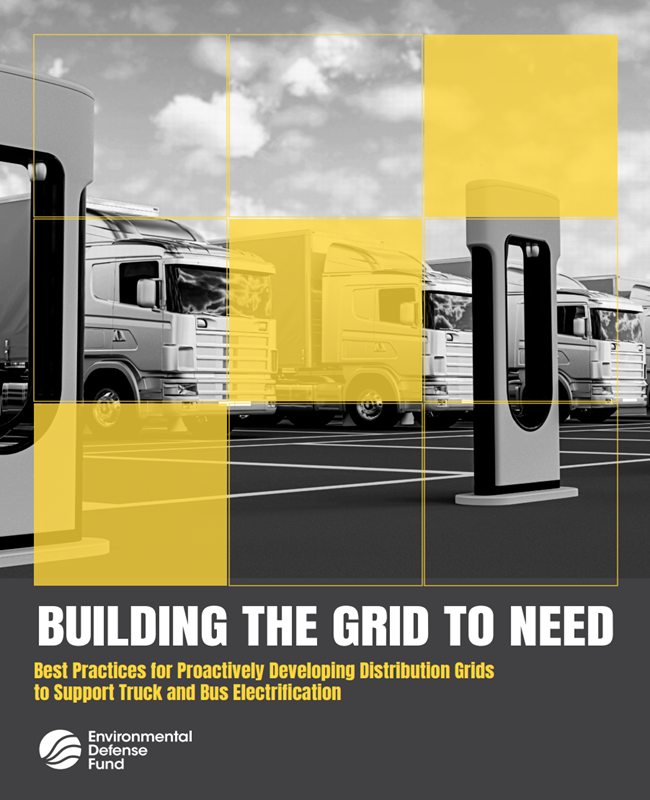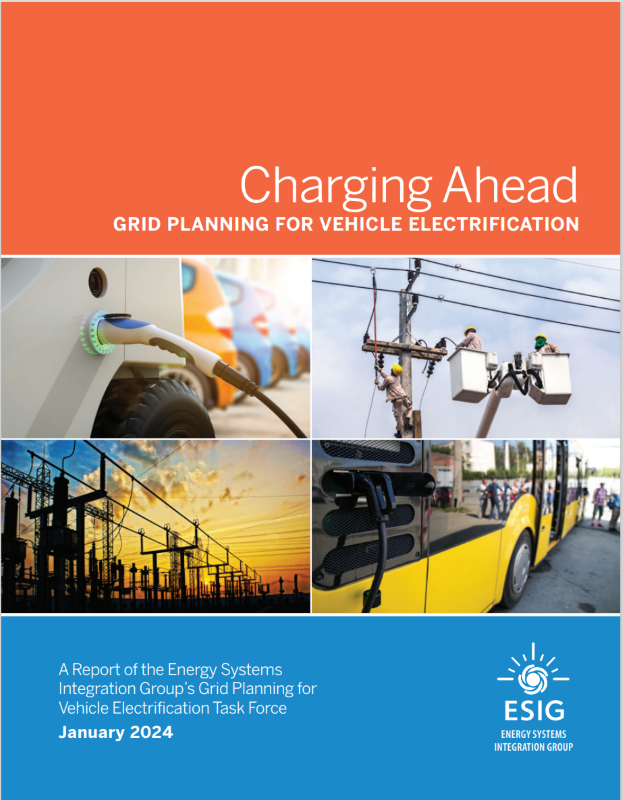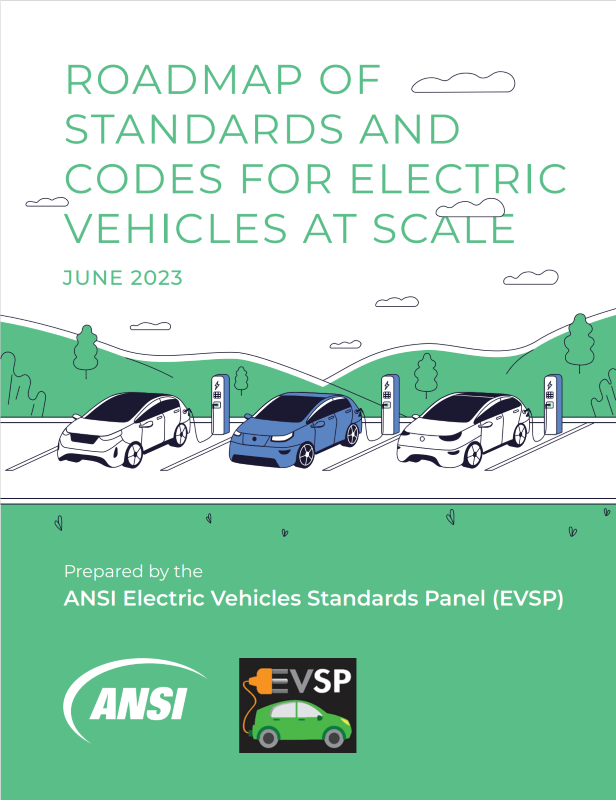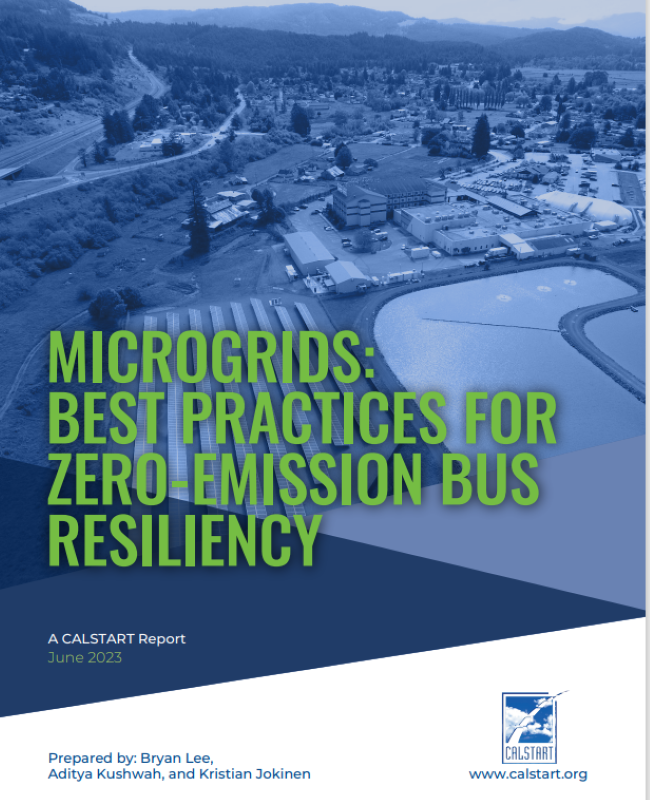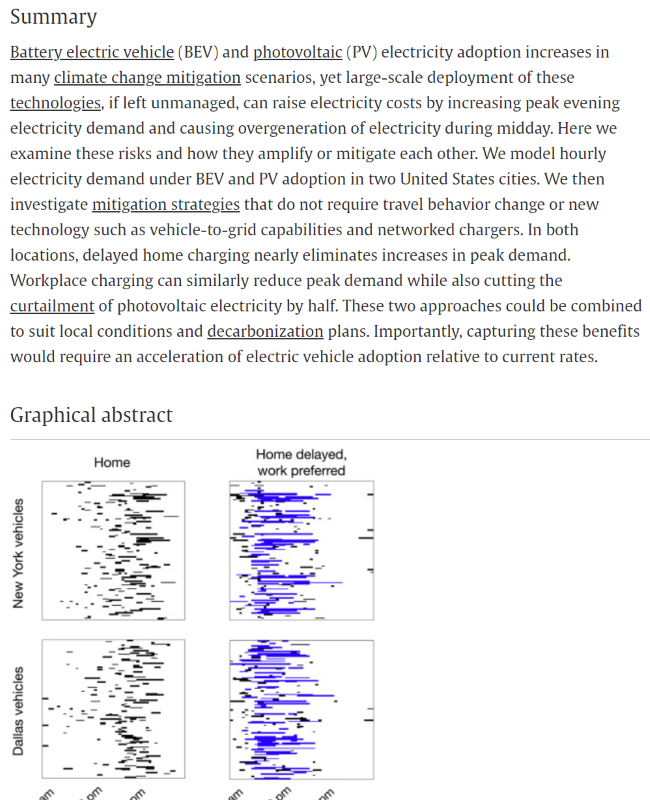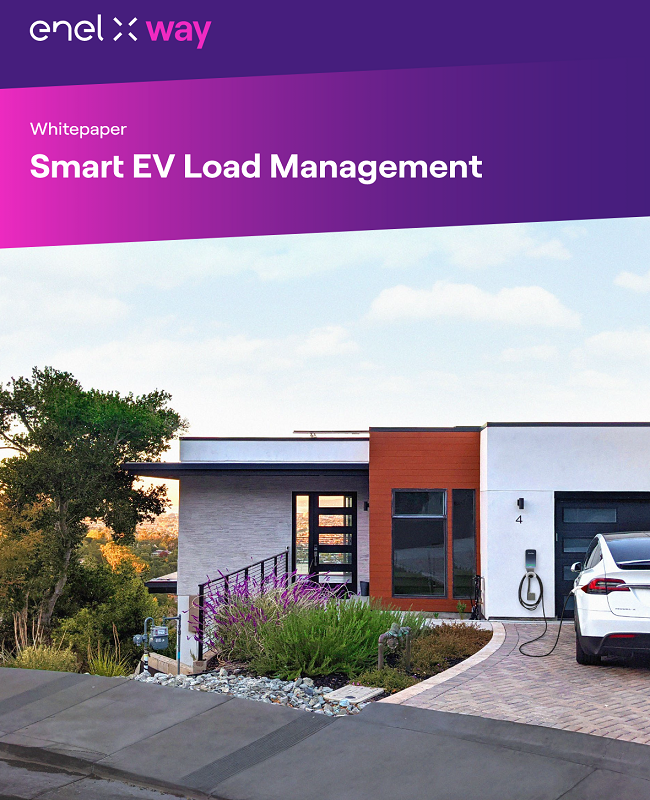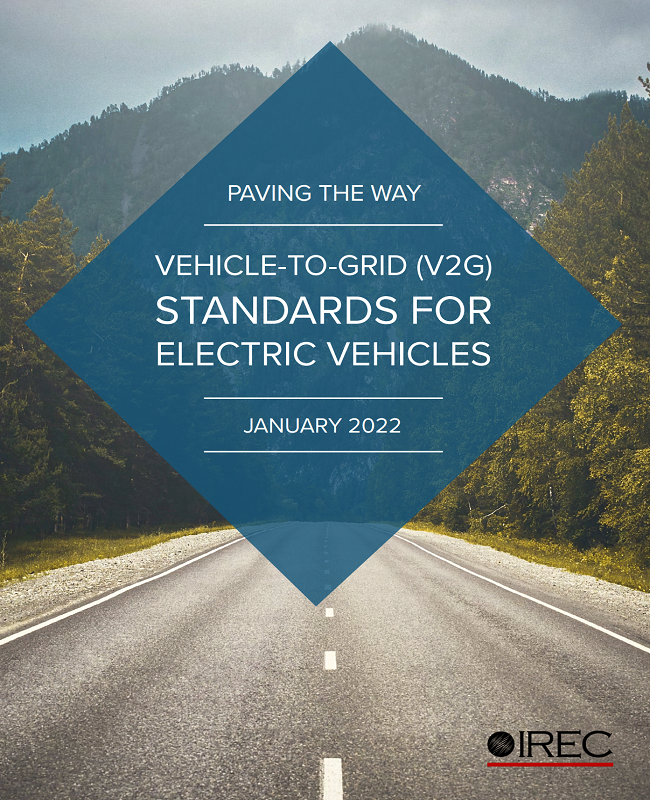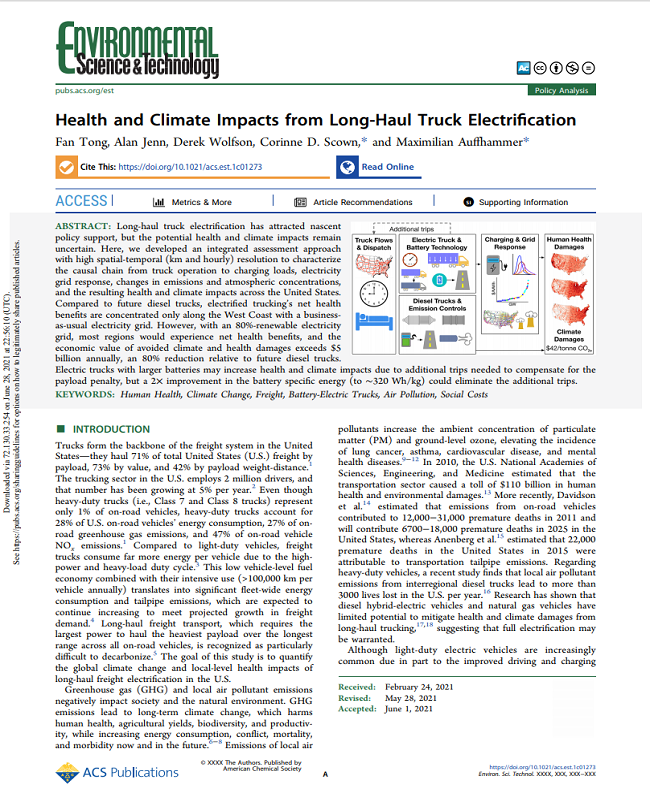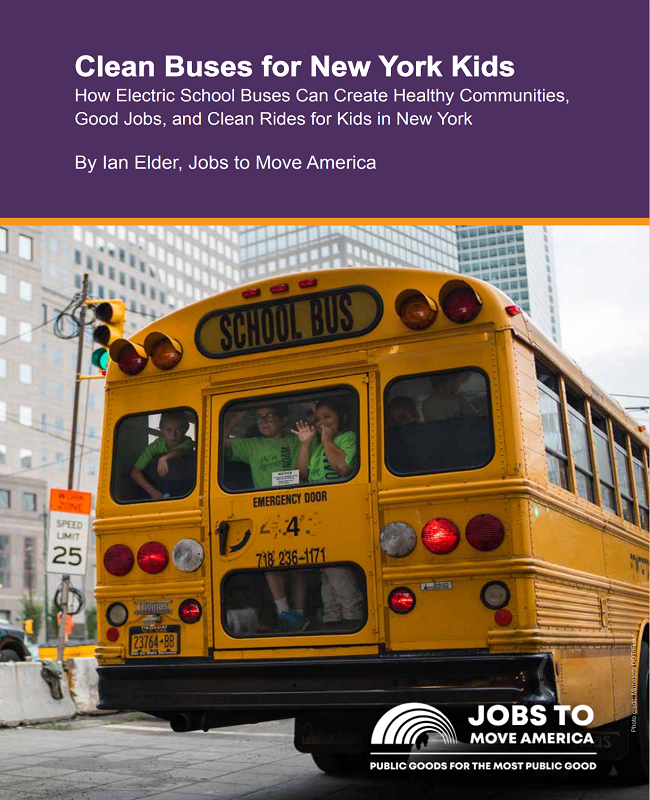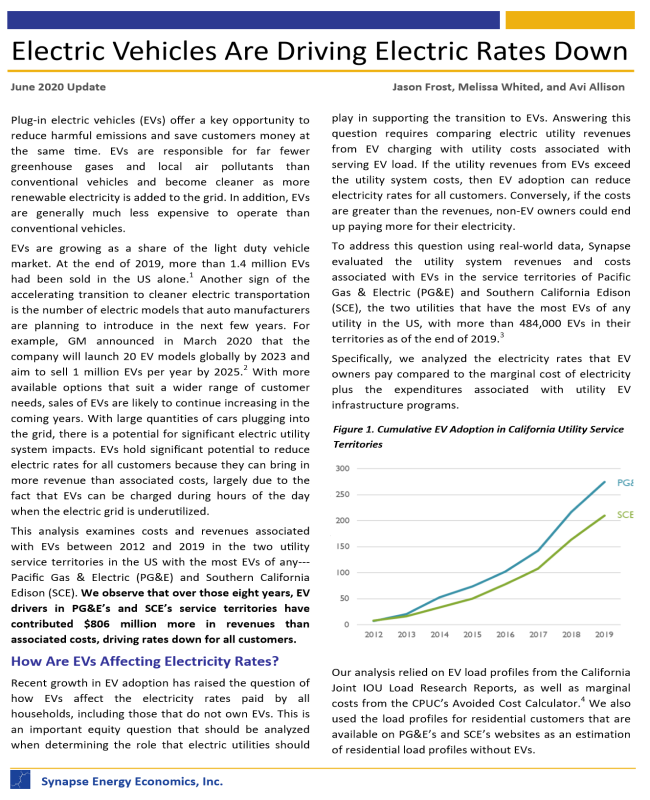Building the Grid to Need: Best Practices for Proactively Developing Distribution Grids to Support Truck and Bus Electrification
Moe Khatib2024-05-21T14:13:21-04:00The report outlines the challenges of interconnecting charging infrastructure for trucks and buses at scale, and details ten recommendations for lawmakers, utility regulators, and utilities to ensure distribution grids are prepared for this new load.
